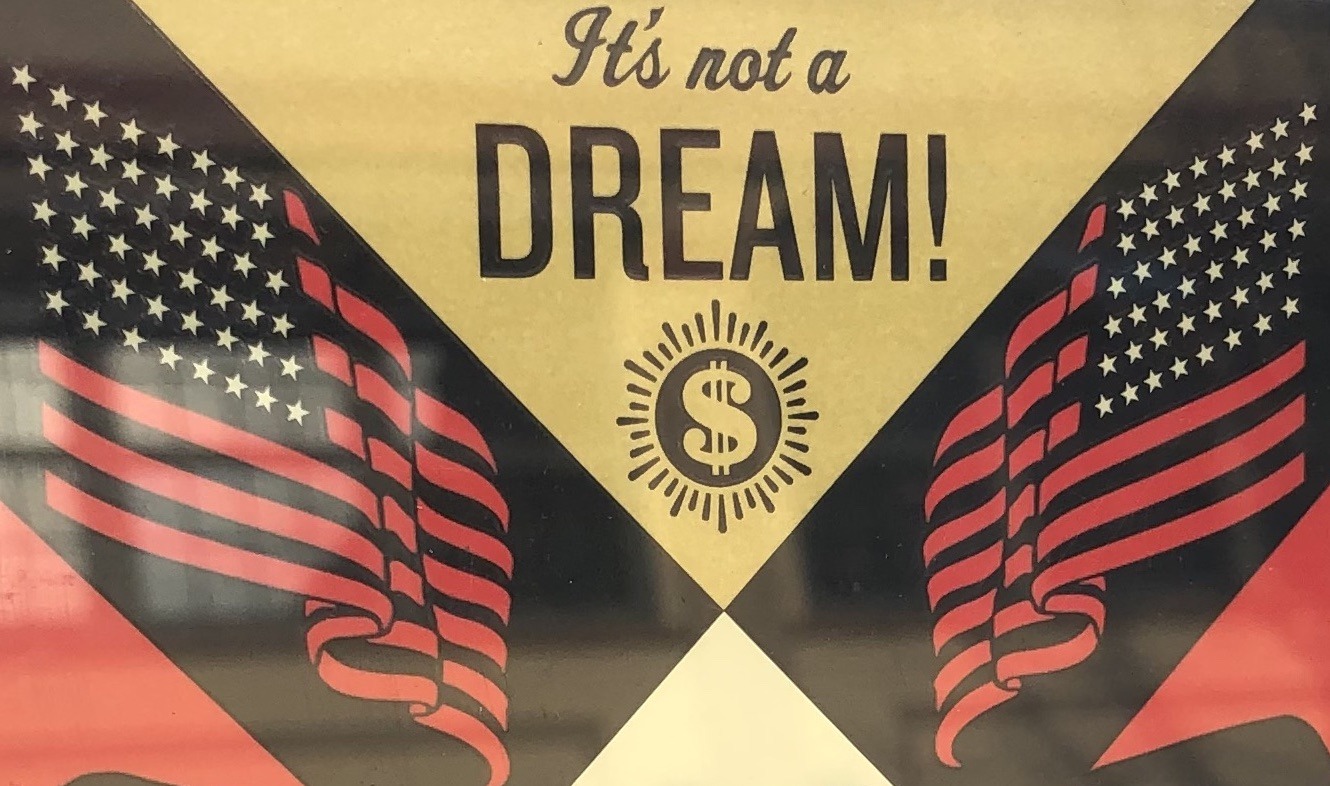
The British analyst Lansley’s latest work puts that poisoning in a long-term perspective. Lansley tracks the unfolding of the UK’s last fifty years in the context of the last two centuries of British history. In this broader timeframe, the modesty of the pay gap between top execs and workers in the middle of the 20th century, the overall relative equality of those years — in both the UK and the USA — amounted to “a temporary truce between capital and labor and rich and poor.”
That “brief period” represented a break from the “extractive capitalism” of the generations before and since. In the nineteenth century, Lansley relates, “a combination of plutocratic power, concentrated ownership of land and property, a largely powerless labor force, and a hands-off state” created “perfect conditions for building vast fortunes.”
This “enrichment of the few” would have “profound” negative implications for economic stability and “the life chances of the many.” In the UK, Lansley notes, “escape from hunger and early death did not become a reality for many ordinary people until well into the twentieth century.”
World War II, more than any other single event, would burst open the escape hatch. The war, coming on the heels of the horrific Great Depression, had left old elites dispirited and their conventional wisdoms discredited. An ever larger share of the population had begun to share British historian R.H. Tawney’s take on the crucial relevance of wealth’s distribution.
“What thoughtful people call the problem of poverty,” as Tawney quipped, “thoughtful poor people call with equal justice, a problem of riches.”
In 1942, Tawney’s brother-in-law, Sir William Beveridge, would produce an official government report that called for an all-out offensive against the “five giants” blocking “the road to post-war reconstruction”: Want, Disease, Ignorance, Squalor, and Idleness. This blockbuster Beveridge declaration enjoyed overwhelming public support and set the stage for the ambitious social agenda the newly elected Labour Party would start implementing in 1945, with initiatives on everything from free healthcare to a national assistance safety net.
Taxes on the rich, meanwhile, were skyrocketing. Rates on “unearned income” from dividends and interest would go as high as 98 percent during the war. In the United States, war-time tax rates on top-bracket income would go as high as 94 percent and then hover around 90 percent until the mid-1960s.
Workplace power dynamics also shifted fundamentally, in both the UK and USA, as union memberships soared. Between 1939 and 1965, the number of British workers belonging to unions more than doubled. For the first time ever, writes Lansley, “the distribution question” was seeming to be “settled in the interests of those outside the circle of the rich and most affluent.”
But this equality moment would not last. Grand private fortunes had shrunk, but not disappeared, and their holders would soon become the patrons of an ideological “counter-revolution,” Lansley notes, “that took the UK, the US, and eventually much of the rich world back to pre-war thinking.” Once-marginalized pro-market evangelists would replace egalitarian voices in ways big and small.
A newly created Nobel Prize for economics, for instance, would ignore progressive figures like the brilliant Joan Robinson, the British economist who detailed “how corporate concentration and a tendency to monopoly” were undermining market competition and suppressing wages. Nobel Prizes would go instead to free-marketeering fundamentalists like Friedrich von Hayek and Milton Friedman, in the process bolstering their reputations and economic worldview.
This content originally appeared on CounterPunch.org and was authored by Sam Pizzigati.
Sam Pizzigati | Radio Free (2022-06-07T08:59:43+00:00) Two Nations Joined at the Hip by English … and Inequity. Retrieved from https://www.radiofree.org/2022/06/07/two-nations-joined-at-the-hip-by-english-and-inequity/
Please log in to upload a file.
There are no updates yet.
Click the Upload button above to add an update.